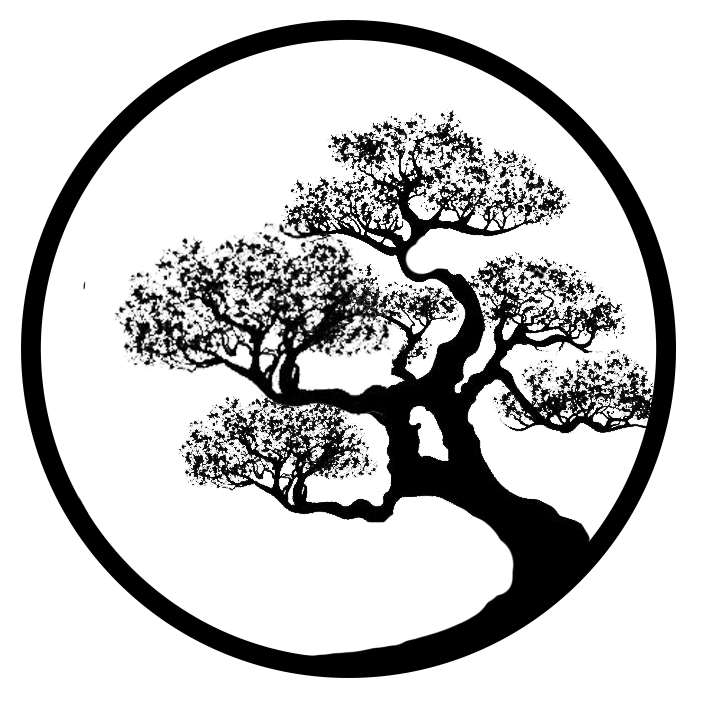Definition and Types of Industries
– Industry refers to the economic activity concerned with the processing of raw materials and the manufacturing of goods.
– It involves various sectors such as agriculture, mining, construction, and manufacturing.
– Primary industries include agriculture, forestry, fishing, and mining, which involve the extraction of raw materials from nature.
– Secondary industries involve the processing and manufacturing of raw materials into finished products, such as textiles, automobiles, and electronics.
– Tertiary industries are service-based and include sectors like healthcare, education, tourism, and finance.
– Quaternary industries involve knowledge-based activities, such as research and development, information technology, and consulting.
– Quinary industries refer to high-level decision-making and leadership roles in government, academia, and corporate sectors.
Importance of Industry
– Industry contributes to economic growth, job creation, and poverty reduction in a country.
– It fosters innovation and technological advancements, leading to improved productivity and efficiency.
– Industrial development enhances a nation’s competitiveness in the global market.
– Industries provide goods and services that fulfill the needs and wants of consumers.
– Industrialization plays a significant role in urbanization and the development of infrastructure.
Challenges and Opportunities in the Industry
– Global competition poses challenges for industries to remain competitive and adapt to changing market dynamics.
– Environmental sustainability is a growing concern, requiring industries to adopt eco-friendly practices and reduce their carbon footprint.
– Rapid technological advancements offer opportunities for industries to automate processes and improve efficiency.
– Workforce skills and training are crucial for industries to meet the demands of a rapidly evolving job market.
– Industry 4.0, characterized by the integration of digital technologies, presents both challenges and opportunities for industries.
Future Trends in the Industry
– The rise of automation and artificial intelligence is expected to transform industries, leading to increased efficiency and productivity.
– Sustainable and green industries will gain prominence as environmental concerns become more critical.
– The digitalization of industries will continue to advance, enabling better data analysis, connectivity, and smart manufacturing.
– The shift towards a circular economy will drive industries to focus on recycling, reusing, and reducing waste.
– Collaboration and partnerships between industries and governments will be crucial for addressing global challenges and fostering innovation.
Industrial Processes and Factors
– Industrial processes often involve the use of machinery, technology, and skilled labor.
– The growth and development of industry play a crucial role in the overall economic progress of a country.
– Industry contributes to economic growth, job creation, and poverty reduction in a country.
– It fosters innovation and technological advancements, leading to improved productivity and efficiency.
– Industrial development enhances a nation’s competitiveness in the global market. Source: https://en.wikipedia.org/wiki/Industry



